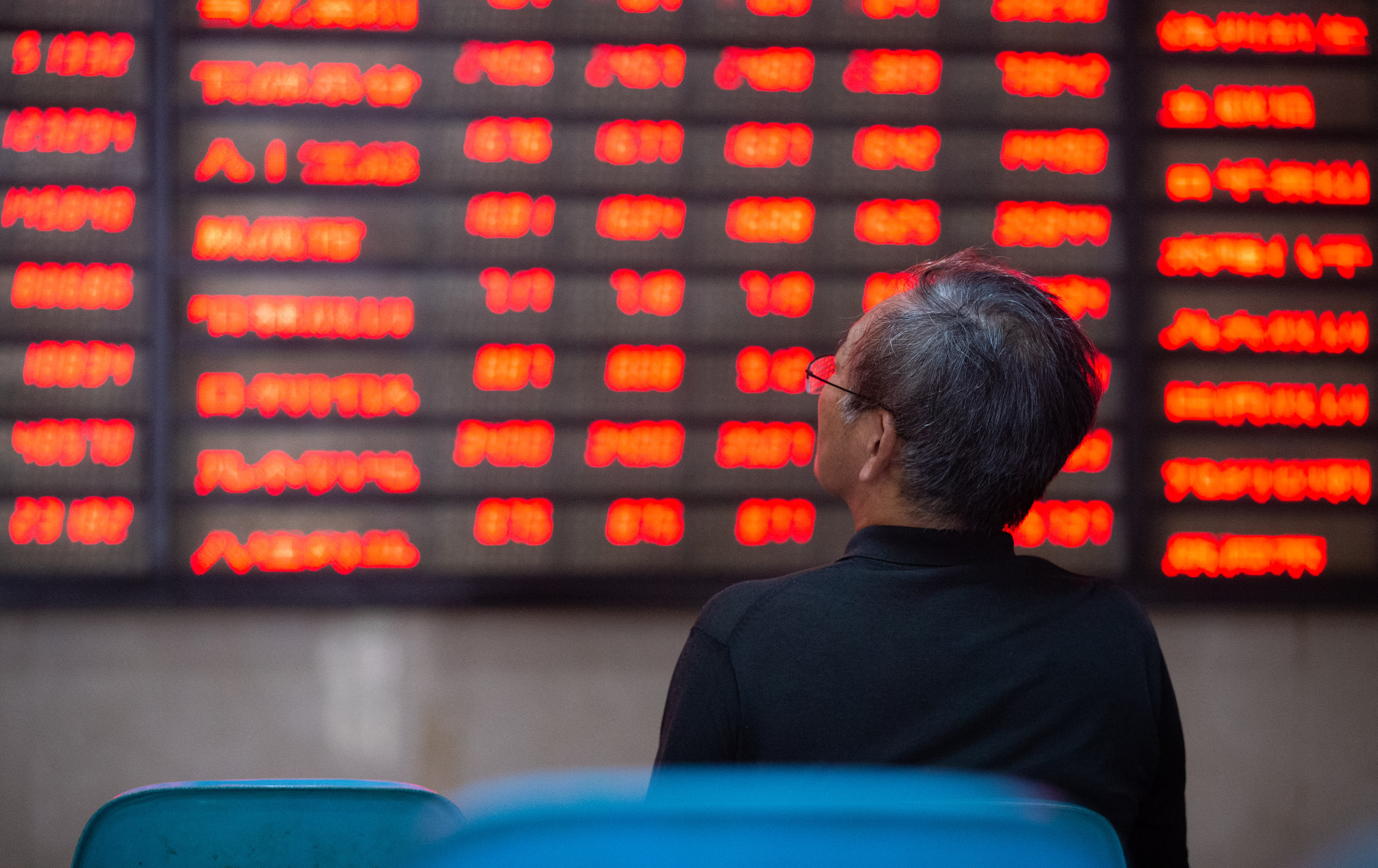
Stocks in Asia traded higher on Monday afternoon as investors shrugged off concerns over the rising number of coronavirus cases stateside.
Mainland Chinese stocks were among the biggest gainers regionally by the afternoon, as the Shenzhen component soared 2.718% while the Shanghai composite was up 1.27%.
The strong moves upward for Chinese stocks came despite comments by U.S. President Donald Trump on Friday that the relationship between Washington and Beijing has been “severely damaged” by the coronavirus pandemic.
“I think clearly, domestic investors in China have become relatively immune to the continuing deterioration in relationships between the United States and China. Indeed, I think global investors have now largely almost forgotten about … the trade tensions between the United States and China,” Jonathan Pain, author of The Pain Report, told CNBC’s “Street Signs” on Monday.
Elsewhere, the Nikkei 225 in Japan rose 1.93% in afternoon trade as shares of conglomerate Softbank Group and robot maker Fanuc soared more than 3% each. The Topix index also advanced 2.09%. South Korea’s Kospi gained 1.5%.
Hong Kong’s Hang Seng index rose 0.92% as shares of HSBC surged 3.3%.
Meanwhile, Australia’s S&P/ASX 200 added 0.72%.
Overall, the MSCI Asia ex-Japan index traded 0.91% higher.
The World Health Organization on Sunday reported a record daily rise in global coronavirus cases, according to Reuters. Stateside, Florida on Sunday reported more than 15,000 new coronavirus infections — the highest single day total to date for any U.S. state since the pandemic began in the country.
“Ongoing grim US COVID-19 infection news continues to be summarily ignored,” Ray Attrill, head of foreign exchange strategy at National Australia Bank, wrote in a note. Attrill said that was due to “ongoing optimism” surrounding factors such as the “time-line for the discovery and rapid roll-out of an effective vaccine” as well as potential additional policy support for the U.S. economy.
The U.S. dollar index, which tracks the greenback against a basket of its peers, was at 96.444 after declining from levels above 96.9 last week.
The Japanese yen traded at 106.83 per dollar following a strengthening from levels above 107.2 against the greenback last week. The Australian dollar changed hands at $0.6972 after turbulent trading last week that saw it swinging between levels below $0.694 to above $0.698.
Oil prices fell in the afternoon of Asian trading hours, with international benchmark Brent crude futures down around 0.8% to $42.90 per barrel. U.S. crude futures also declined 0.86% to $40.20 per barrel.
